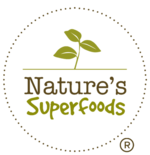-
No products in the cart.
What Are Superfoods, And Are They Worth The Hype?
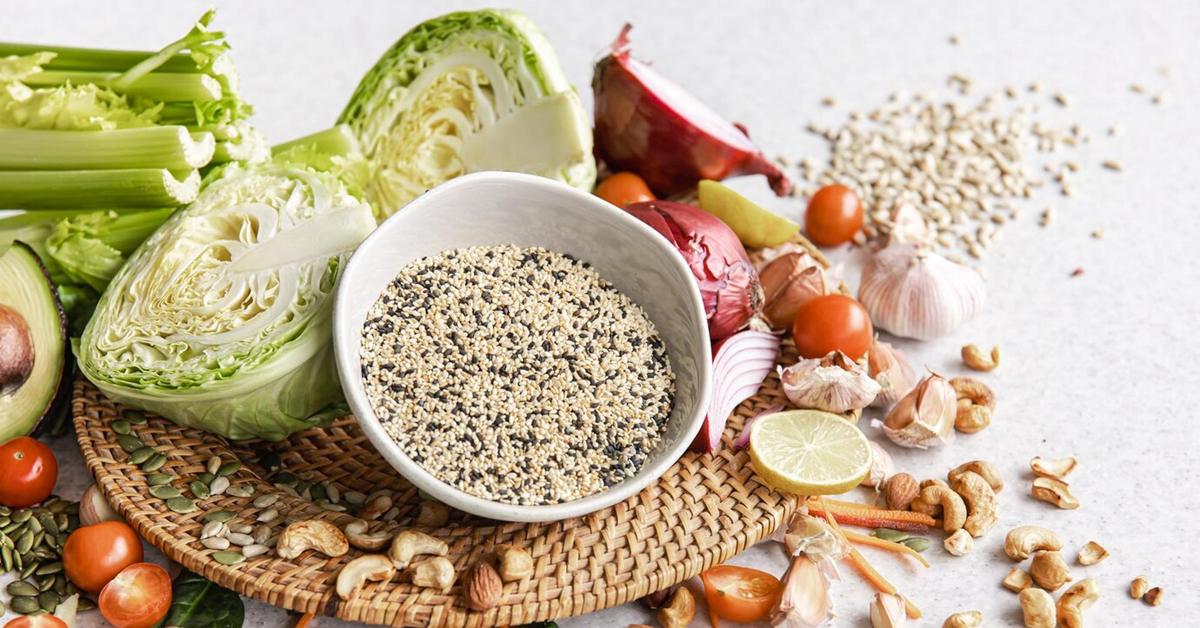
As we age, taking good care of our health becomes one of the main priorities. Although there are various ways to improve our health, incorporating superfoods into our diet is one of the easiest ways to do so. Let’s explore more about what foods are superfoods and the benefits below:
What Are Superfoods?
Superfoods are rich in nutrients and offer numerous health benefits. They are packed with essential minerals, vitamins and other nutrients which can improve one’s overall health. Superfoods can also be consumed by including in a daily diet.
What Foods Are Superfoods?
Not sure what foods are superfoods? Here are some of the essential superfoods you need to know and should add to your diet:
1. Greek yoghurt
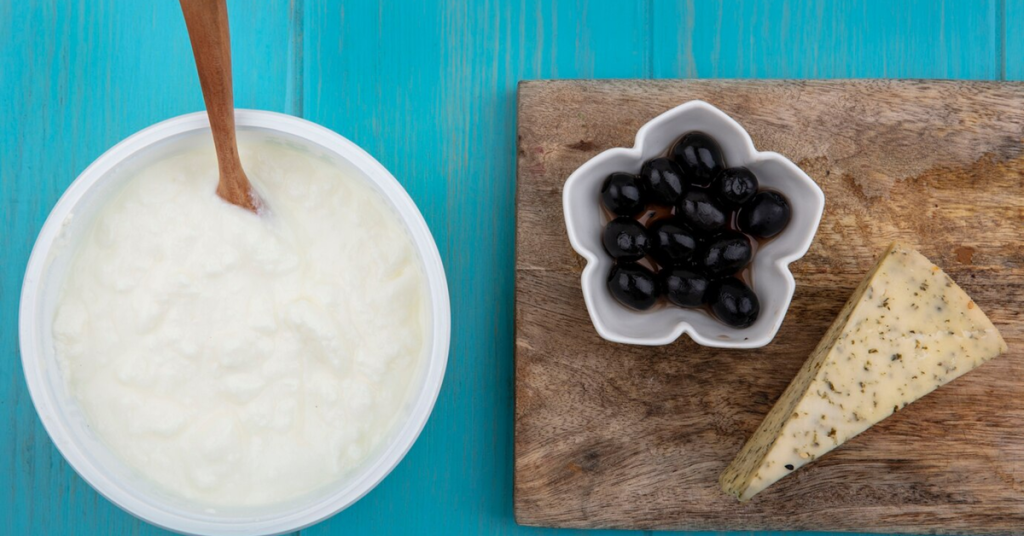
Based on 245 grams of low-fat Greek yoghurt, it is high in calcium, 22% of the daily value (DV). Greek yoghurt is also a good source of vitamin B12, magnesium, and protein.
Compared to regular yoghurt, greek yoghurt contains up to 20 grams of protein, making it an excellent option for those who wish to speed up muscle repair and manage weight loss.
Probiotics can also be found in Greek yoghurt, helping to balance the good bacteria in your gut, boosting your immune system and protecting you against diseases.
2. Quinoa
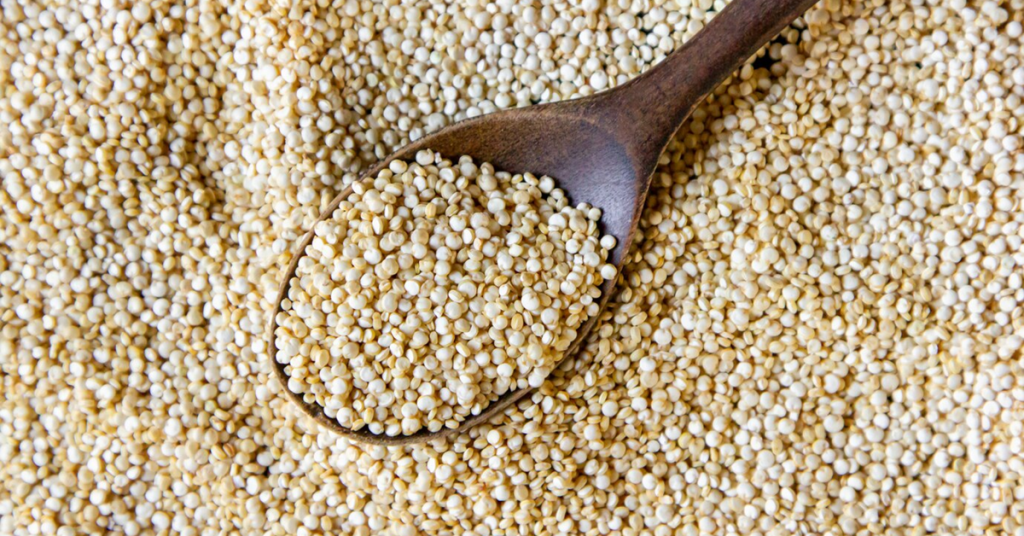
Quinoa is a popular substitute for rice as it’s gluten-free and has more protein. On average, 1 cup of cooked quinoa contains 8 grams of protein – twice the amount compared to rice. Quinoa is also a good source of magnesium, zinc and iron, which are 28% of the Daily Value, 18% of the Daily Value and 15% of the daily value, respectively.
Since quinoa is gluten-free, it contains a lower glycemic index to help manage blood sugar levels and reduce the potential for diabetes. It’s also good for the heart thanks to quinoa’s antioxidants and omega-6 fatty acids that maintain good cholesterol levels.
3. Avocados
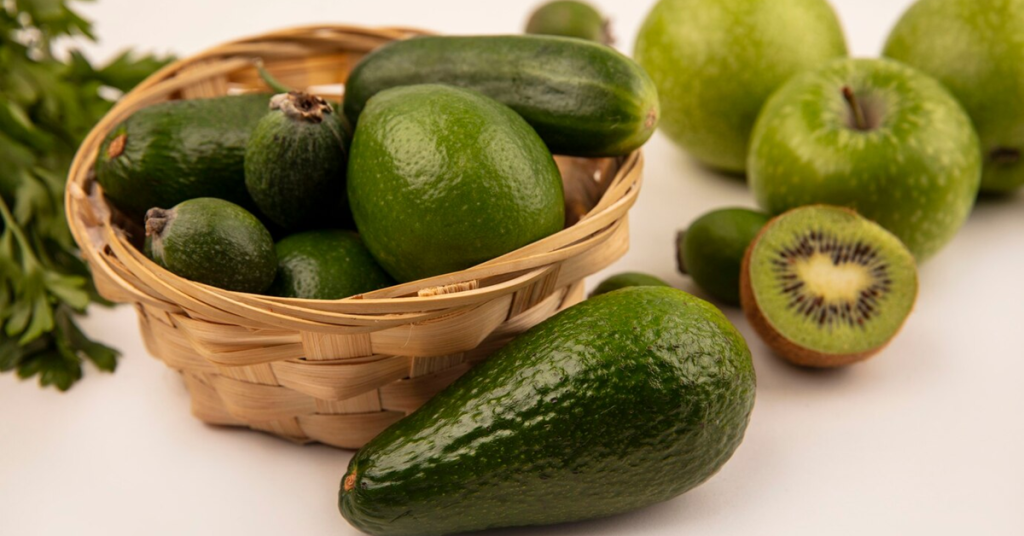
Making healthy food has never been easier with the existence of avocados. Many individuals on a diet love adding avocados to their daily diet as it has numerous benefits and is high in nutrients. Avocados are a good source of healthy fats as well as fibre. On average, 200 grams of avocado contains 30 grams of fat and 14 grams of fibre.
The high amount of vitamin C (22% of the Daily Value), vitamin E (22% of the Daily Value), and vitamin K (35% of the Daily Value) helps to improve heart health, immune system and cognitive functions. Avocados also help pregnant or breastfeeding patients reach their daily nutrient intake safely.
4. Nuts and seeds
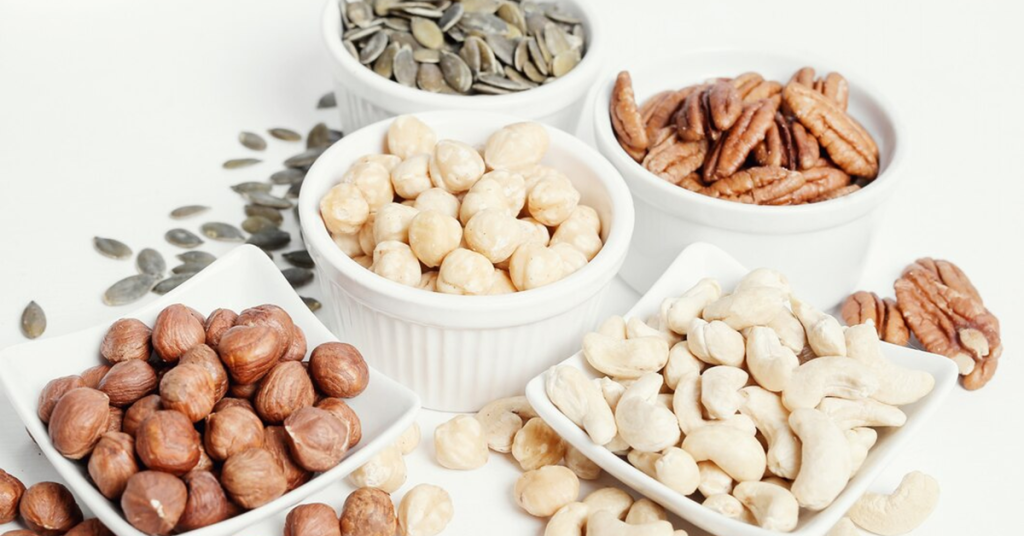
Nuts and seeds are commonly eaten as a snack or toppings for various dishes. Some of the popular options include chia seeds, almonds, and walnuts. They are nutrient-dense, which makes them a healthier alternative to snacking on chips or to meet your daily nutrition intake. For instance, 23 grams of almonds contain 3.5 grams of fibre (14% of the Daily Value).
When consumed in moderation, nuts and seeds are a great option to improve heart health as they contain unsaturated fats to prevent heart diseases. Nuts also contain nutrients such as selenium, vitamin E, and zinc, which help to improve skin health.
5. Broccoli
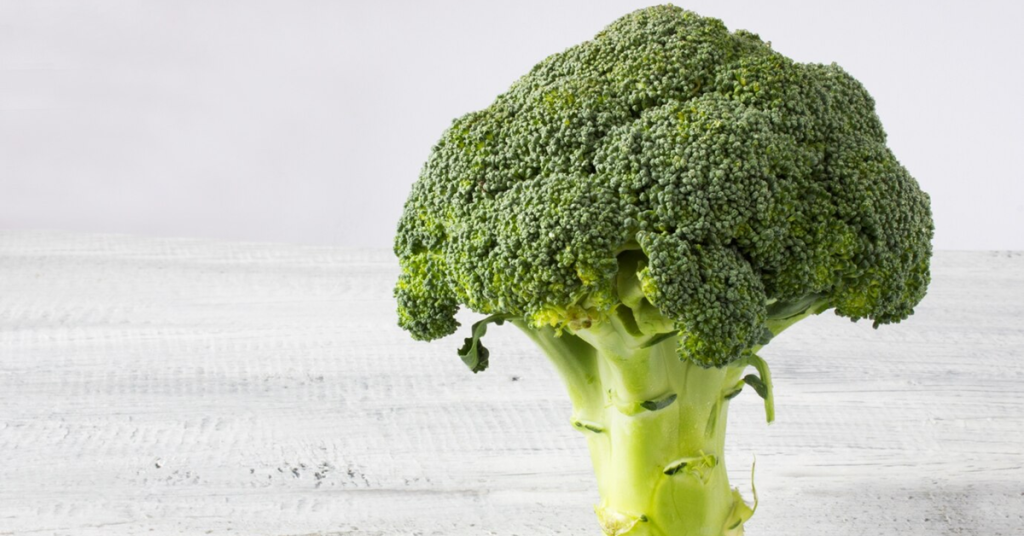
Broccoli is a vegetable that is high in nutrients and low in calories, making it a staple for most daily meals. They can be roasted, steamed or stir-fried, which is why many people enjoy them, as they can be added to various dishes. 100 grams of broccoli contains 316 mg of potassium (9% of the Daily Value) and 2.6g of fibre (10% of the Daily Value).
Eating broccoli every day will improve the digestive system and bone health. Furthermore, since it’s low in calories, people can maintain their weight to meet their daily calorie intake.
6. Berries
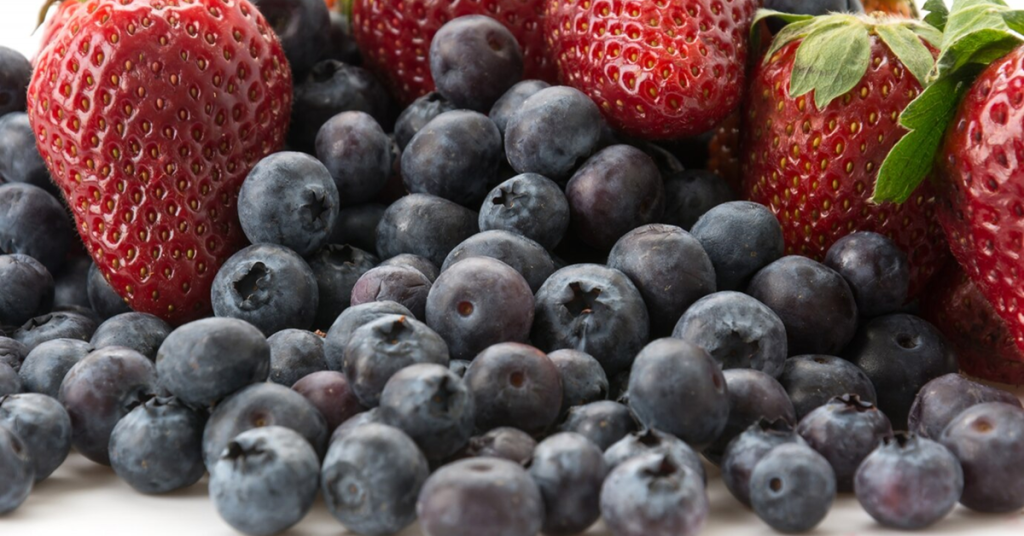
There are several types of berries, such as raspberries, goji berries, cranberries, strawberries and blueberries. Don’t underestimate these small berries – they may be small, but these fruits are packed with nutrients. For example, strawberries contain 70% of the Daily Value, while blueberries contain 16%.
As berries are rich in antioxidants, they can help reduce cancer’s potential by fighting cell damage. Berries are low in calories, so those trying to lose weight can consume them daily.
7. Grapes
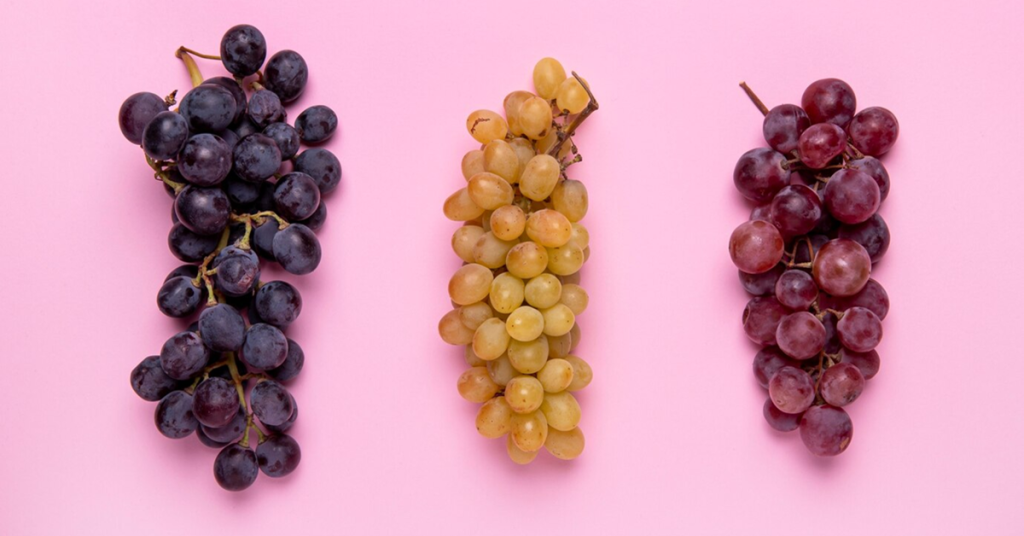
Grapes in green, red or purple are packed with nutrients and bursting with flavour. These fruits are often consumed as a snack or as toppings for oats, desserts and more. One cup of grapes contains vitamin K, 18% of the daily value.
You can prevent blood clotting and improve bone health as grapes are high in vitamin K. Grapes contain potassium, lowering blood pressure levels and enhancing heart health.
8. Sweet potatoes
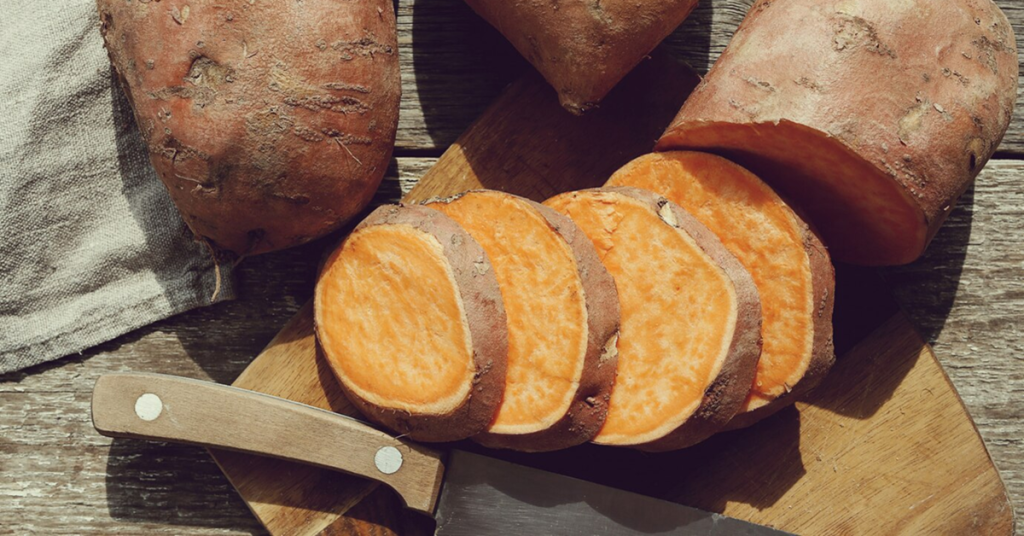
There are many types of sweet potatoes, such as Japanese sweet potato and purple sweet potato. If you’re looking for a good source of carbs instead of rice or noodles, sweet potatoes are the way to go. You can cook them by baking them in the oven or frying them in a pan. 100 grams of sweet potatoes contain 3 grams of fibre (12% of the Daily Value) and 337 mg of potassium (9% of the Daily Value).
Thanks to potassium and fibre, sweet potatoes can regulate blood sugar levels and lower blood pressure. As sweet potatoes are rich in vitamin C, they help to boost hair and skin health, leaving you glowing like never before.
9. Garlic
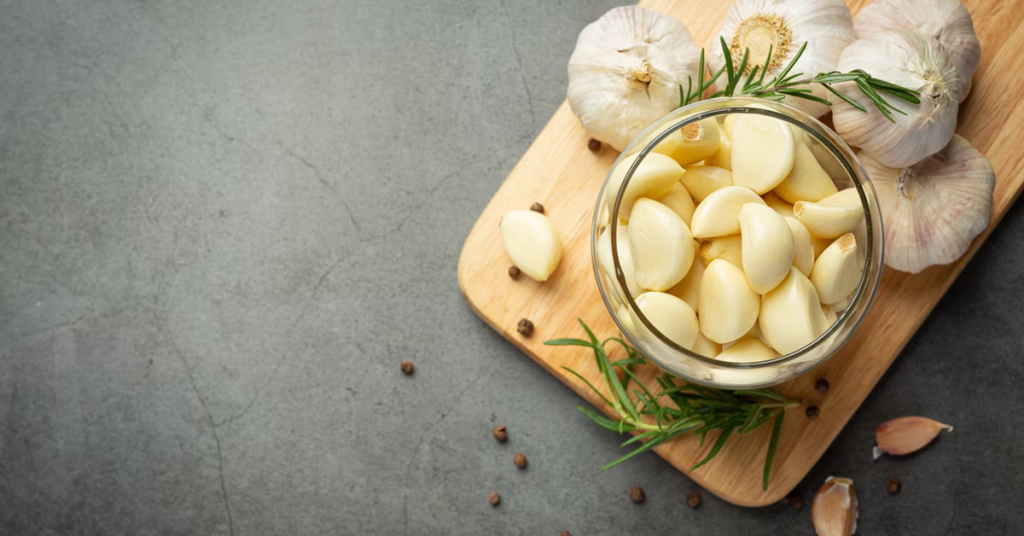
Though garlic has a strong smell, they are often used in cooking or traditional medicine. 9 grams of garlic typically contains 5.4mg of calcium (1% of the Daily Value) and 36mg of potassium (1% of the Daily Value).
Garlic improves one’s immune system, reduces the risk of liver injuries, decreases blood pressure, and maintains cholesterol levels. When used as medicine, they can fight colds or other viruses.
10. Tomatoes
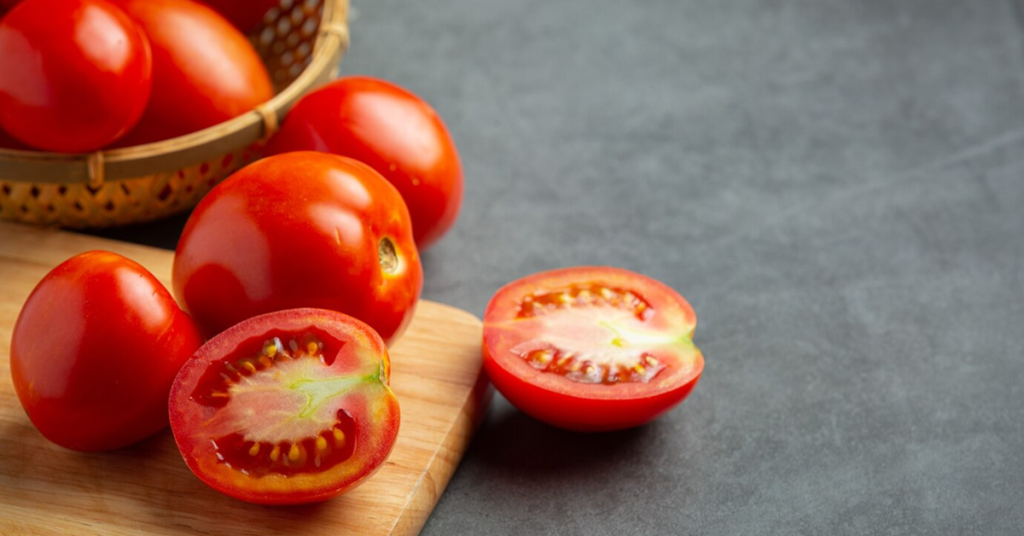
Tomatoes are a good source of antioxidants and vitamins such as lycopene or vitamin C. You can eat them raw or cook them any way you’d like. On average, a medium-sized tomato contains 17 grams of vitamin C (19% of the Daily Value,) 10 micrograms of vitamin K (8% of the Daily Value) and 296 mg of potassium (6% of the Daily Value).
Tomatoes are rich in vitamin C, known to fight inflammation and brighten the skin. Thus, to achieve healthy and smooth skin, include tomatoes in your daily diet.
Conclusion
If you wish to improve your lifestyle, adding superfoods to your diet would be extremely beneficial. Not only can you protect yourself from getting health diseases, but you can also improve your mood and be the best version of yourself. Living a healthy lifestyle isn’t difficult – all you have to do is change your diet, and you can improve your health.
